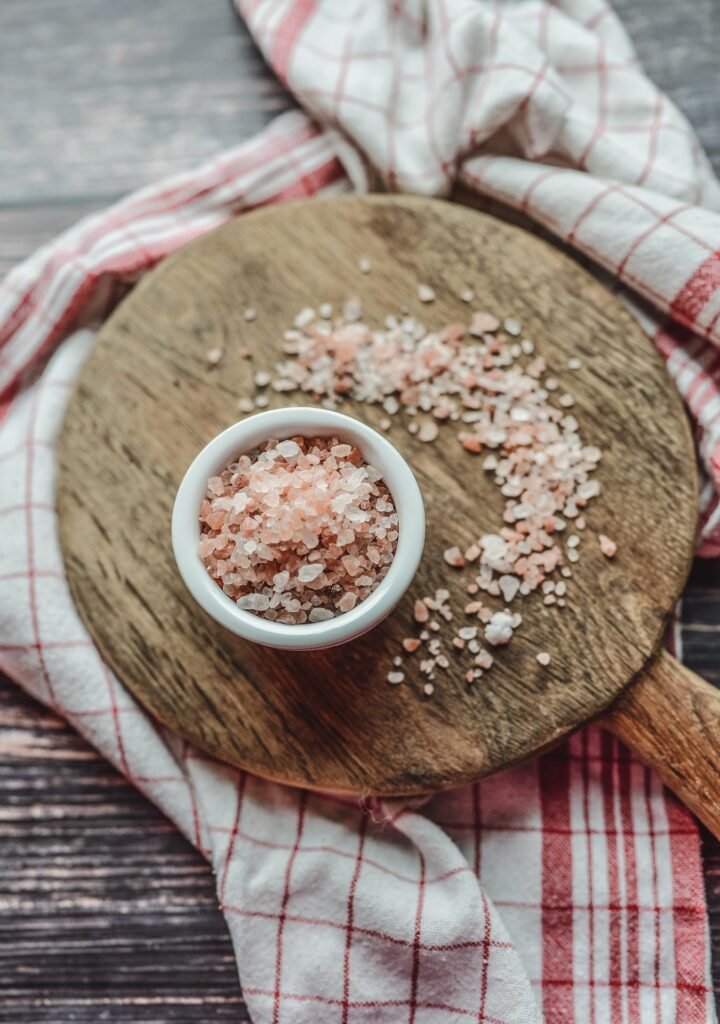iodine-rich foods for better health

Feeling tired, gaining weight, or struggling to concentrate? Iodine might be the missing link. Discover how this tiny mineral can boost your energy, protect your brain, and support overall health—starting with something as simple as iodized salt.
Outline
- Benefits
- Supports thyroid function
- Promotes cognitive health
- Regulates metabolism
- Boosts immune system
- Improves reproductive health
- Prevents goiter and other thyroid disorders
- Prevention of Iodine Deficiency
- List of Iodine-Rich Foods
Here are 6 key benefits of iodine:
Supports thyroid function
Iodine is essential for the production of thyroid hormones, which regulate metabolism, energy levels, and overall growth and development.
Promotes cognitive health
Adequate iodine intake is crucial for brain development, particularly during pregnancy and early childhood, helping to prevent cognitive impairment and developmental delays.
Regulates metabolism
Iodine helps maintain a healthy metabolic rate by supporting thyroid function, which is important for converting food into energy and regulating body temperature.
Boosts immune system
It has natural antibacterial and antiviral properties, which can strengthen your immune system and help ward off infections.
Improves reproductive health
Adequate iodine levels are important for reproductive health, helping to prevent infertility and regulate the menstrual cycle.
Prevents goiter and other thyroid disorders
Sufficient iodine in your diet can help prevent thyroid enlargement, also known as goiter, and lower the risk of thyroid problems like hypothyroidism and hyperthyroidism.
Prevention of Iodine Deficiency
Consume iodine-rich foods
Include iodine-rich foods in your diet, such as seaweed, fish, shellfish, dairy products, eggs, and iodized salt. Fortified foods like cereals and bread can also help.
Use iodized salt
Replace regular table salt with iodized salt to ensure an adequate intake of iodine in your daily meals. This is one of the simplest yet most effective ways to prevent deficiency.
Eat seafood regularly
Include fish like shrimp and other seafood in your diet, as they are naturally high in iodine. Aim for at least two servings of seafood per week.
Monitor iodine intake during pregnancy and lactation
Pregnant and breastfeeding women have higher iodine needs. Ensure sufficient iodine intake through diet or supplements as recommended by a healthcare provider.
Consider iodine supplements
If you have dietary restrictions, such as a vegan or low-salt diet, consider taking iodine supplements after consulting with a healthcare professional.
Learn about the benefits of amla oil here
Here is a list of iodine-rich foods:
- Seaweed: Kelp, nori, wakame, and other types of seaweed are among the highest natural sources of iodine.
- Fish: Cod, haddock, tuna, sardines, and other saltwater fish are rich in iodine.
- Shellfish: Shrimp, lobster, clams, oysters, and other shellfish provide a good amount of iodine.
- Dairy Products: Milk, cheese, yogurt, and other dairy products contain iodine due to iodine-rich animal feed.
- Iodized Salt: Table salt fortified with iodine is an easy way to increase iodine intake.
- Eggs: Particularly egg yolks, which contain iodine, largely from the chicken’s diet.
- Fortified Foods: Some breads, cereals, and plant-based milk (such as soy or almond milk) are fortified with iodine.
- Fruits and Vegetables: Potatoes, cranberries, strawberries, and prunes have modest amounts of iodine, depending on the soil in which they are grown.
- Seafood-Based Supplements: Supplements like fish oil and seaweed-based iodine tablets are available for those who do not get enough iodine through their diet.
